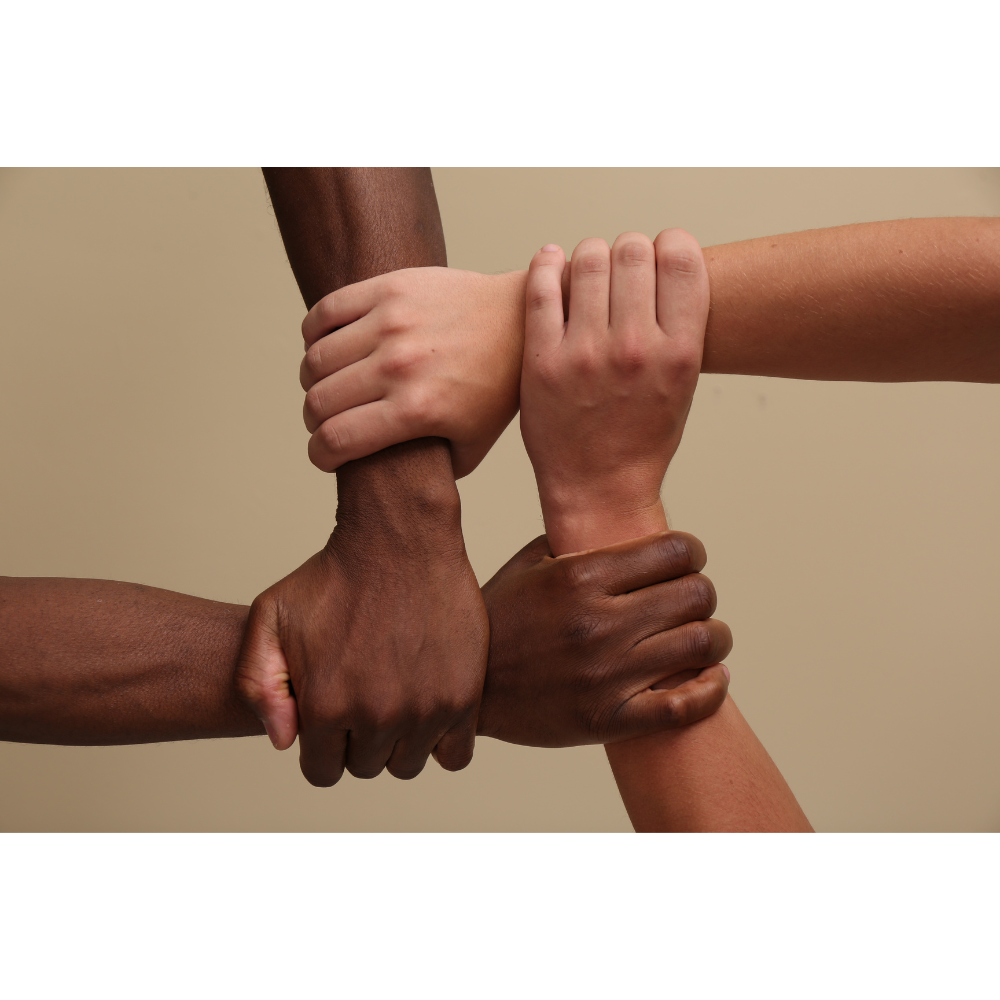
Black America’s Stance: Not Celebration, but Critique & Discomfort (Charlie Kirk)
Black America’s Stance: Not Celebration, but Critique & Discomfort
In the aftermath of Charlie Kirk’s death, many outside of Black America may have expected celebration or indifference. Instead, what we see across social media and in community conversations is far more nuanced. There is no widespread cheering at the loss of life. Instead, there is critique, reflection, and discomfort. Black Americans are asking deeper questions—not only about Kirk’s rhetoric, but also about what his popularity and defense in death reveal about the broader mindset in America toward Black people.
Not Joy, But a Deep Sense of Nostalgia, Reflection, and Sadness
For many, the immediate response is not joy, but a conflicted sense of sadness mixed with reflection. On one hand, a man has died, leaving behind family, friends, and a movement. On the other hand, Kirk’s legacy cannot be separated from his public views on race—views that dismissed Black people as less capable, less deserving, and less worthy of leadership. This makes mourning complex. Black America is not celebrating; it is processing what it means when someone who spent years tearing down their dignity is publicly honored without honest acknowledgment of the harm.
Resurfacing of Hurtful Rhetoric
Kirk’s death has reopened old wounds. His speeches and statements often painted Black Americans as uneducated, undeserving, or incompetent. For those who lived through policies, media narratives, and daily microaggressions rooted in those same stereotypes, his passing brings a flood of frustration. His words did not die with him—they live on in the beliefs of those who supported him. That reality is what Black America is confronting now: prejudice is not just the work of one man, it is a collective mindset that persists.
Debate Over Free Speech vs Harm
The conversation also exposes a tension between free speech and harmful speech. Many Black voices acknowledge that Kirk had the right to speak. But the question remains: when free speech consistently paints an entire race as inferior, where do we draw the line? The mourning period is not only about Kirk himself—it is also about whether America will use this moment to reflect on the limits of rhetoric that dehumanizes. Instead, some conservative voices are using his death to double down on his most divisive positions, raising fears that the cycle of harm will continue.
Reflection on Political Violence and Extremism
Kirk’s assassination has also pushed Black commentators to connect the dots between rhetoric and extremism. Words matter. When leaders use their platforms to demean entire communities, they validate hostility and fuel radicalization. Black America recognizes that Kirk’s death itself is not a victory—it’s a warning. Divisive rhetoric, unchecked, creates real danger. What begins as harmful language often escalates into violence, both social and physical.
What It Exposes
Persistent Prejudice
The size of Kirk’s following and the fierce defense of his reputation even after death show that harmful beliefs about Black Americans are still alive and well in mainstream America. The idea that Black people are less intelligent or unfit for leadership is not fringe—it is part of the worldview of millions. His death didn’t erase these ideas; it exposed how deeply ingrained they remain.
Polarization Over Mourning
Coverage of his memorial, the political speeches, and the cultural conversation surrounding his death demonstrate how divided the country is. For Black America, there is a double bind: respect for life, but refusal to ignore harm. While some mourn him as a patriot, others see the refusal to confront his rhetoric as another attempt to silence or minimize the Black experience.
Free Speech Isn’t Free from Consequence
Finally, his death sparks the ongoing question of accountability. Free speech protects the right to express ideas, but it does not shield anyone from the consequences of those ideas. For Black America, this moment highlights the urgent need to question how much harm is done when rhetoric normalizes inequality, and whether honoring someone without critique erases the damage they caused.